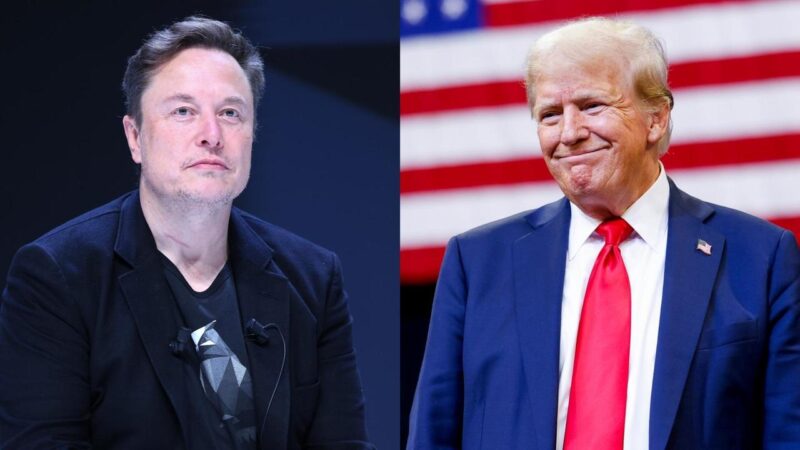Washington Post Reporter Comments On Trump Interview
Strap in because things are heating up in the world of politics and media, especially with the latest development involving Elon Musk, Donald Trump, and a bit of a meltdown from certain corners of the press and government.
So, what’s the big deal? Earlier today, Elon Musk, the owner of X (formerly known as Twitter), decided to have a free-flowing conversation with none other than former President Donald Trump in an X Space. For those unfamiliar, X Spaces are essentially live audio chats, and this one between Musk and Trump has people in a tizzy. The European Union’s commissioner for the internal market, Thierry Breton, even issued a stern warning to Musk, threatening repercussions if he allows misinformation or hate speech on his platform. It’s clear that Breton is not thrilled about the prospect of Trump, who’s no stranger to controversy, having an unfettered conversation on such a public stage.
The Washington Post’s Cleve Wootson: “One more, @ElonMusk is slated to interview [@realDonaldTrump] tomorrow — tonight on — on @X. I don’t know if the president is going to — feel free to say if he is or not — but I — I think that misinformation on Twitter is not just a campaign… pic.twitter.com/zKxJNF1zbf
— Curtis Houck (@CurtisHouck) August 12, 2024
But the reactions didn’t stop in Europe. Over at CNN, Sara Fischer seemed to be in a state of panic over the idea of Musk and Trump chatting without some “fact-checker” hovering over them. She wasn’t alone in her concerns. During today’s White House press briefing, Washington Post reporter Cleve Wootson raised the issue directly with Press Secretary Karine Jean-Pierre. Wootson asked how the White House planned to deal with the potential spread of misinformation from this chat, hinting that it’s not just a campaign issue, but an “America issue.”
Jean-Pierre, in her usual style, dodged giving any specific answers but reiterated the administration’s belief that social media platforms have a responsibility to manage misinformation. She didn’t have any updates on how they might intervene, nor did she seem particularly interested in what Musk and Trump were planning to discuss.
Not even herd animals are this flagrant about it. You tell me how and why corporate media constantly speaks from the same exact script this way, verbatim. #KamalaIsJOY pic.twitter.com/AHSE9Im1GL
— Glenn Greenwald (@ggreenwald) August 9, 2024
Now, here’s where things get interesting. The very idea that a White House reporter would ask how the government might intervene in the speech of a presidential candidate during an election year is shocking. It speaks volumes about the current state of the media and its comfort level with government overreach. The press, which once championed free speech, seems more than willing to hand over the reins to government control, especially when it involves figures they don’t like.
The irony here is thick. We’re talking about a press corps that, not too long ago, won accolades for pushing narratives that have since been debunked or questioned. They assured us that President Biden was in full control of his faculties, pushed for mask mandates and social distancing, and touted a COVID vaccine that, as we later learned, didn’t stop transmission as effectively as promised. These are the same people who cried foul over Trump’s policies, only to praise similar actions when proposed by the Harris-Walz campaign.
Only sharp-eyed readers will be able to spot the difference in the coverage of the two proposals. pic.twitter.com/h9PMWCZzDX
— Tim Murtaugh (@TimMurtaugh) August 12, 2024
The idea of giving the mainstream press the power to police misinformation is, frankly, terrifying. It’s like handing a toddler a can of gasoline and a lighter—nothing good can come of it. The mainstream press has shown itself to be more interested in pushing agendas than in seeking the truth, and giving them the authority to decide what’s “true” and what’s not is a recipe for disaster.

